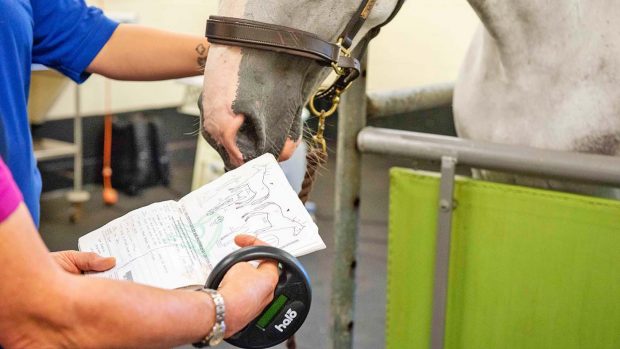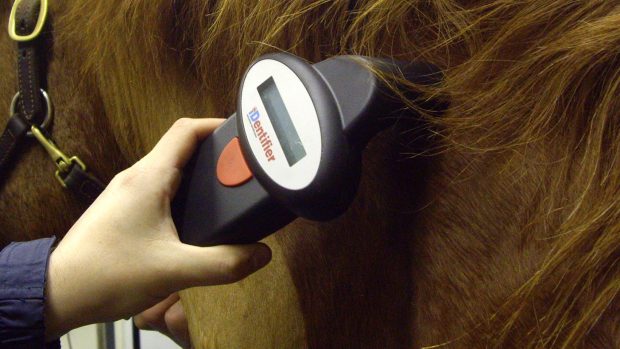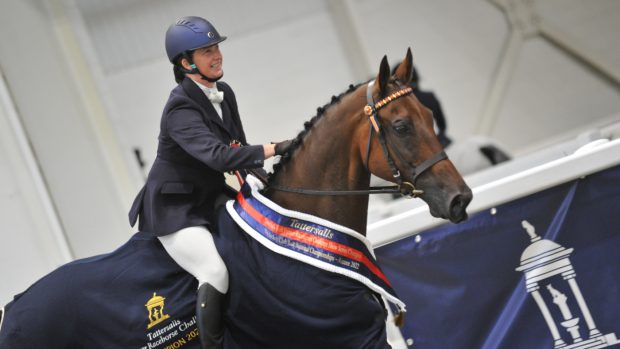Defra has today (Thursday, 20 May) laid before Parliament final regulations setting out the requirements for horse owners under the new passport scheme.
Horse passport legislation has been revised in order to “improve clarity and address concerns raised by some welfare organisations, and to address technical legal points raised”.
Under the new legislation, owners must still apply for a full passport for each horse, pony or donkey they own.
Date changes
Main changes to the legislation mean that horse owners now have to have applied for a passport, rather than have obtained a passport for their animals by 30 June 2004. The final regulations state that from 28 February 2005, a passport must be presented whenever an equine:
- moves premises
- enters competition
- is used for breeding
- leaves the United Kingdom
- is sold or is presented for slaughter for human consumption
The amendment to the date is expected to ease pressure on owners and Passport Issuing Organisations (PIOs) who are suffering as a result of a glut of applications in time for the original 30 June deadline. However, a Defra spokesman stressed that the intention was not to be “heavy-handed” in the implementation of the regulations.
“The general approach should be to apply common sense to these regulations, and it may take some time for the scheme to bed-in, but our aim is that it will eventually become an integral part of the equestrian world.”
Amendments to the declaration
Another major change refers to the declaration of whether or not the horse is ultimately intended for human consumption. This declaration can now be signed at any time after receipt of the passport, but before the horse is:
- exported
- sent for slaughter for human consumption
- treated with drugs that should never be given to a food producing animal
Welfare organisations such as the International League for the Protection of Horses (ILPH) had been concerned that by signing the “not intended” [for human consumption] declaration, horse owners removed any option of slaughtering the animal for food at a later date, which could have raised welfare issues if animals were not able to be sent to an abattoir at the end of their lives.
“We are thrilled that Defra has listened to our concerns on the issue of when the declaration about human consumption should be made, and has subsequently changed the legislation in a way that addresses our real concerns,” said John Smales, Chief Executive of the ILPH.
“This shows us that the government is really concerned about horse welfare in this country,” he added.
“This change in the passport legislation will help to stop horses and ponies suffering unnecessarily at the end of their lives and will help to ensure the future of our abattoirs. This will help prevent an illicit live export slaughter trade to the continent.”




